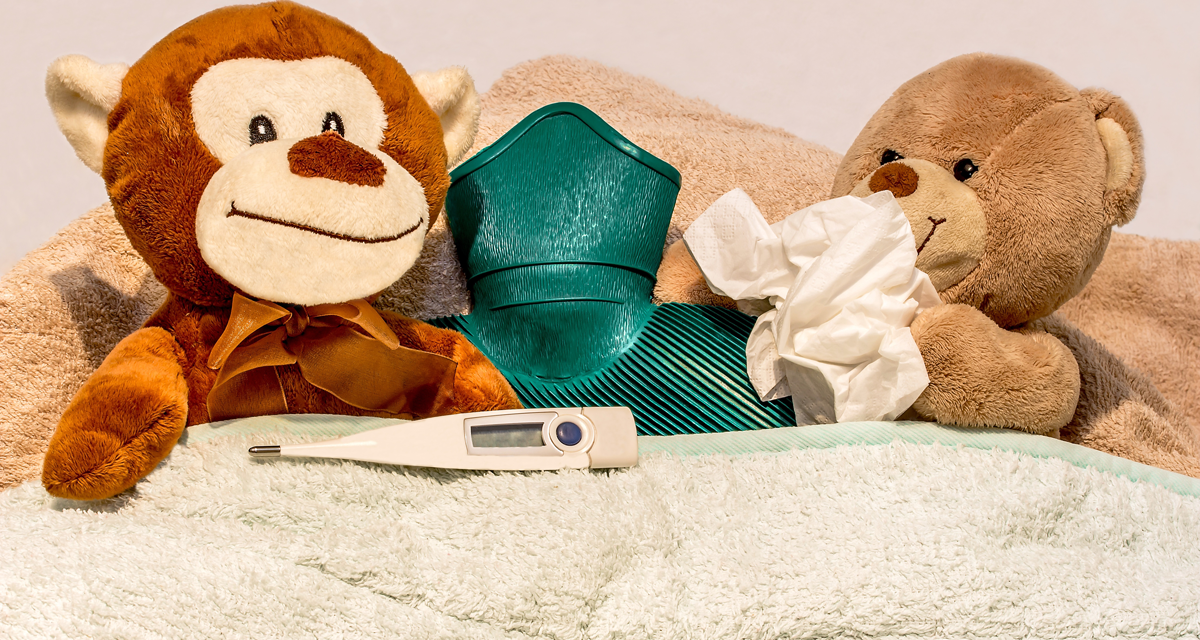The number of flu cases on campus inevitably increases this time of year. Don’t let your academic or social life get sidetracked this semester by this preventable illness.
Here are some simple steps you can take to help you remain healthy and successful as you kick-off the semester.
Step 1 – The best way to prevent contracting the flu is with the annual flu vaccine
Even if you get the flu shot and happen to contract the flu, the vaccine can help reduce the severity and length of symptoms.
Flu shots are available at Pat Walker Health Center’s Allergy, Immunization and Travel Clinic.
Flu shots cost $20 for students and $50 for faculty and staff, and can be billed to insurance as most health insurance plans cover the cost of the flu vaccine.
To schedule your flu vaccine appointment, call 479-575-7723 or log on to the Patient Web Portal.
Step 2 – Practice good respiratory hygiene
It should go without saying that it is vital to wash your hands with warm water and soap often to prevent the spread of germs, especially the flu virus.
Avoid touching your eyes, nose and mouth. Always make sure to cover your mouth and nose when you cough or sneeze.
Regularly disinfect frequently touched surfaces prone to germs and bacteria, such as door knobs, cell phones/laptops and tables.
Avoid sharing food and drinks.
Getting plenty of rest, drinking plenty of water, and eating healthy will help keep your immune system fighting! Late nights studying, inadequate rest and an unhealthy diet can weaken the immune system and increase the chance of catching the flu bug.
Lastly, make sure to avoid contact with those already infected with the flu. Most healthy adults may be able to infect others beginning one day before symptoms develop and up to 5 to 7 days after becoming sick.
Step 3 – Know the symptoms and what to do
People who have the flu often show some/all of these symptoms:
- Fever or feeling feverish/chills
- Cough
- Sore throat
- Runny or stuffy nose
- Muscle or body aches
- Headaches
- Fatigue (very tired)
It can be hard to tell the difference between the flu and a cold since both illnesses share many of the same symptoms. In general, flu symptoms are going to be more severe than cold symptoms. It’s important to seek treatment for flu because the illness can escalate into pneumonia, bronchitis, sinus and ear infections.
“If you notice flu-like symptoms, we recommend scheduling an appointment with a medical provider for further evaluation and treatment. If diagnosed early, some medications can be prescribed to perhaps shorten the duration of symptoms and lessen the severity of the flu.” said Dr. Huda Sharaf, medical director at Pat Walker Health Center.
To schedule an appointment with a medical provider, call the health center’s Primary Care Clinic at 479-575-4451, or log on to the Patient Web Portal.
If you experience flu-like symptoms it is best to avoid classes/social gatherings/large groups, etc. until you are fever free for at least 24 hours without the use of fever-reducing medication. If you live on campus, request a sick tray form at the front desk of your residence hall or from the coordinator for residence education in your building.
Experiencing symptoms? Read the health center’s “Navigating the Flu” handout to help get you feeling better, sooner.
Important! The health center does not provide class excuses. Students may find it useful to use the Absence from Class Form as a means to have appropriate communication about class absences with their professors.
Learn more about the flu and how you can protect yourself on the health center’s website.
Information for this article was contributed by Zac Brown, assistant director of communications for the Pat Walker Health Center.






Recent Comments